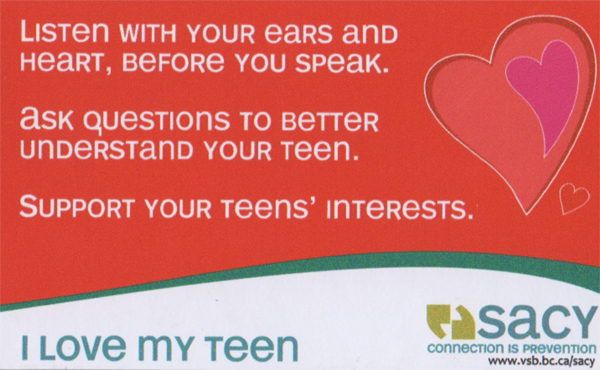 The high school years are a time of exploration, energy and growth. Anything seems possible! At the same time, striking out in a new direction can feel overwhelming and sometimes even impossible. Taking certain kinds of risks and experimenting with new interests are the ways that youth learn about themselves and the world to find their “spark,” in other words their deep passions and meaningful pursuits.
The high school years are a time of exploration, energy and growth. Anything seems possible! At the same time, striking out in a new direction can feel overwhelming and sometimes even impossible. Taking certain kinds of risks and experimenting with new interests are the ways that youth learn about themselves and the world to find their “spark,” in other words their deep passions and meaningful pursuits.
A “spark” is a metaphor[1], used in research on adolescent development, that describes the internal response that occurs when teens are flourishing. As teens explore different activities and interests, they are exploring who they are in the world, what they have to offer and what is valued by others. They discover what gets them excited, what feels meaningful, and what doesn’t. The journey into the unknown offers opportunities to learn how to interact with others, how to respect others and respect themselves. Even when we, as adults, don’t understand them, even when they change monthly or weekly, and even when their interests don’t make sense to us—when we support our teens’ sparks we are helping them find their passions and build a life that makes sense to them.
Safe Risk Taking might look like:
-
trying out for a drama production,
-
mustering the courage to ask someone on a date,
-
going to a science camp after years of art classes,
-
checking out a club at school that none of your friends go to,
-
applying for a job, or
-
dropping music and picking up automotive class.
In a study[2] that surveyed 1,817 youth across the United States, researchers found evidence that links interests, opportunities and supportive relationships to youth finding their “spark” and feeling empowered to have a voice in their lives. After reviewing the data, the authors make the suggestion that asking adolescents six ‘‘essential questions’’ could have a positive impact on both adult-youth relationships and feelings of empowerment.
-
‘‘What is your spark?’’
-
‘‘When and where do you express it?’’
-
‘‘Who knows your spark?’’
-
‘‘Who nourishes your spark?’’
-
‘‘What gets in your way?’’
-
‘‘How can I help you find and keep your spark?’’
The support that parents and other adults offer their teens clearly communicates encouragement[3] to learn new things and to discover themselves and their unique skills. Confidence, autonomy and self-knowledge is nurtured when “sparks” are explored and supported and teens discover how to become the young men and women they are capable of being.
Also see:
The term is used by the Search Institute and author Peter Benson to describe the "internal animating force that propels development forward."
It is also one of the adolescent brain changes that Daniel Seigel highlights in his book Brainstorm: The Power and Purpose of the Teenage Brain. He describes it as, "the important internal sensations that are more intense during adolescence but serve to create meaning and vitality though our lives."
A study of 1,817 fifteen year olds suggests that there is an additive power of identifying and nurturing young people’s ‘‘sparks,’’ giving them ‘‘voice,’’ and providing the relationships and opportunities that reinforce and nourish thriving.
Communication is more than the exchange of information - it is part of a meaningful relationship between parents and their adolescent children.
Visit the SACY site for more information and inspiration to build connections between parents and youth.